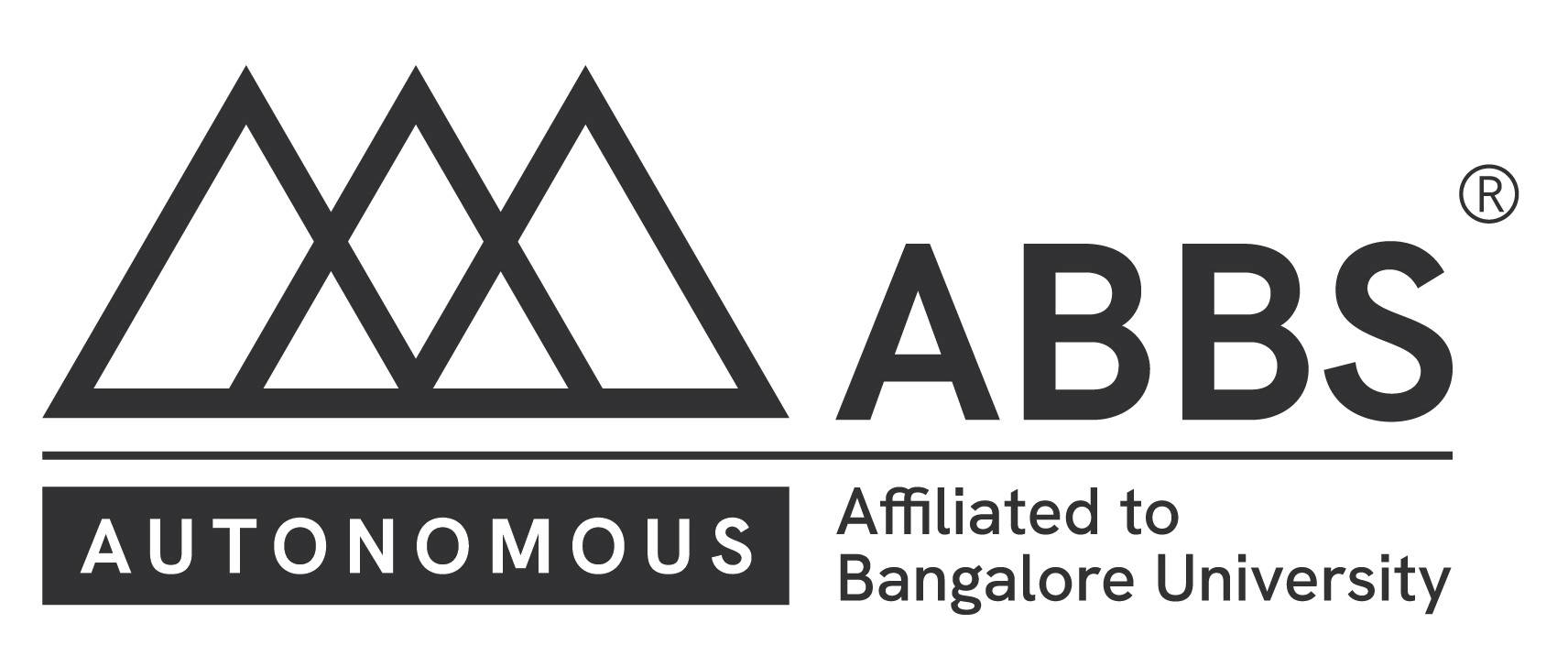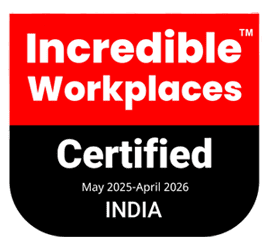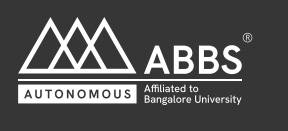Facing Institutional Challenges
Through
People Power

Author: Dr. VS Chauhan, Professor, Acharya Bangalore B School, Bangalore.
Indian business environment is characterized by uncertainties and opportunities loaded with challenges. These challenges force institutions to revisit their Strategy. Institutions also have to reorient their linkages with external environment and re-structure their working styles to fine tune with external needs, requirements, and expectations. The only sustainable competitive advantage for the institute is its People Resources and the key to their mega success is people management.
Institutional Challenges includes
- Driving high-level performance,
- Skill gap and rising cost,
- Employee engagement in terms of changes the institute undergoes,
- Enabling continuity and need to change,
- Increasing expectations of stakeholders and
- Business growth sustainability.
These challenges depend on the variety of parameters. However, the propensity depends on factors related to an institution and the spectrum of its operations that influence the people management action plan. To understand these factors that influence the intensity of challenges are
- Institutional Rate growth,
- Sectoral Competitive market scenario and
- Organizational complexity.
These three variables are interconnected and constantly interacting with each other.

The interplay among these three factors can be represented by a 3-dimensional spaces as shown above. The degree of intensity of challenges is represented by three-dimensional space defined by Institutional Rate growth, Organizational complexity, and Sectoral Competitive Market Scenario. More the distance of loci of point from the axis, the greater would be the institutional challenges and people front. This defines the apt organizational as well as people strategies.
Therefore, people management strategies have to be focus sharply on:
- Designing organizational structure keeping in view the roles, systems, and culture of the institution.
- Well defined relationship between individual employee and institution.
In the Indian Education business scenario, the following model has been presented.

In the Sectoral Competitive market scenario, for institute to excel, its employees need to excel and for this they need to be inspired. In Indian context, following three parameters are essential to drive employee inspiration.
- Institutional – employee connect
- Institutional encouragement in realising personal ambition of the individual employee
- Linking employee’s role and performance with Grand Strategy of the institution.
Institution to excel, it is essential that equal focus is given to connect with employees, higher purpose and individual’s personal ambition. The predominant presence of this organizational focus inspires all individual employees.
For meeting the business challenges, institutions have to build capabilities to manage and sustain present as well as future business growth.
The institutional responsibilities involved in ensuring adequate capabilities are
- Creating and managing Talent,
- Create, nurture and institutionalizing performance oriented culture.
- Developing competitiveness for providing cutting edge to institution creating benchmarks.
- Focus on prudent cost management through process efficiency and delivery effectiveness.
Summary
The aim of this article is to offer an insight and better understanding of challenges faced by institutions in the present sectoral competitive market scenario. Based on a series on deliberations on key challenges faced by institutions, a practical People Management Plan can be drawn to ensure best from the individual employee, drive people excellence and deliver sustainable institutional performance. However, a detailed study on the framework presented in this article is advised for designing a tailor made plan for people management and channelizing People Power to Face Institutional Challenges.
References:
- http://www.mckinseyquarterly.com
- Ulrich, Dave (1998), “A new mandate for human resources,” HBR Jan/ Feb 1998.
- Cappelli, Peter and others (2010), “The Indian Way – How India’s top business leaders ae revolutionizing management, ” Harvard Business Press





